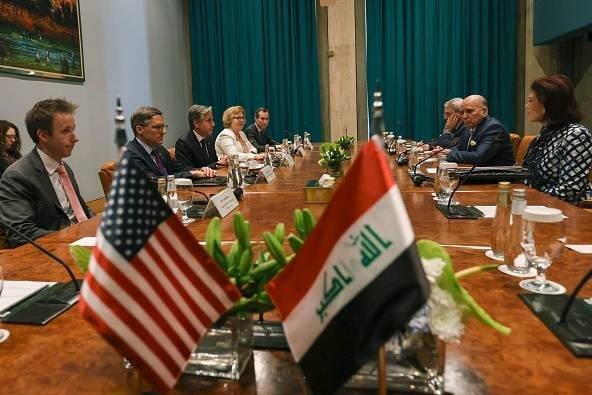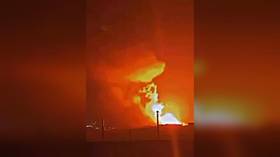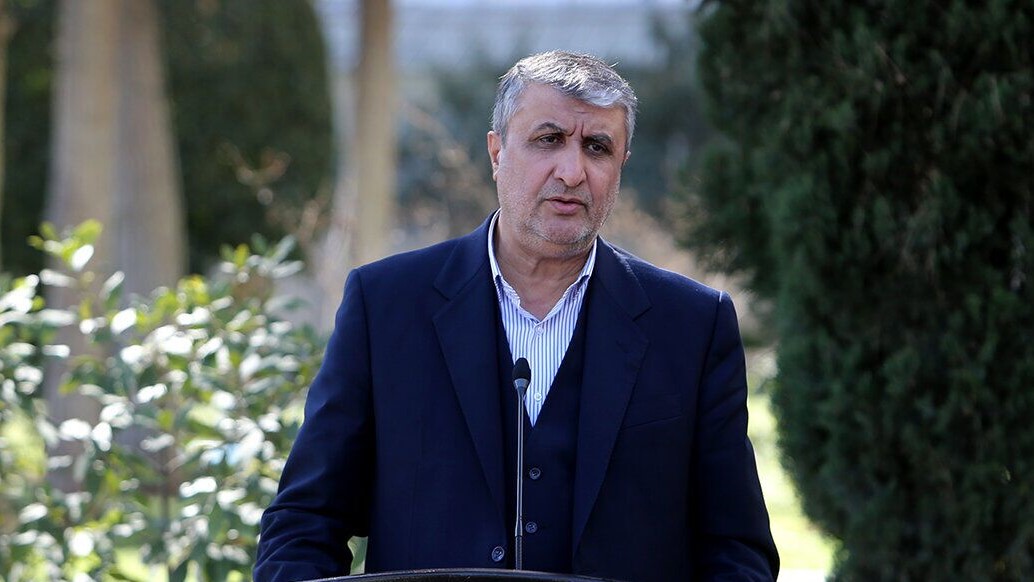NOVANEWS
By Kourosh Ziabari
The Middle East is experiencing hard and complicated times. Tunisia and Egypt have already witnessed all-out revolutions which put an end to the decades-long tyranny of the U.S.-backed dictators while Libya, Bahrain and Yemen are engulfed in what might be called unambiguous civil wars. The world is anxiously pursuing the developments in the region. The United States, Israel and their European allies have so far exhibited a hypocritical reaction by supporting the suppression of anti-regime protesters in Bahrain, fomenting unrest in Syria and supporting military adventure in Libya. To the U.S. and Europe, the revolutions of Tunisia and Egypt have been nothing but a fait accompli.
They had no option but to laud the popular uprising of the people there. From the other side, Iran has officially joined the nuclear club and put on stream its first nuclear power plant, further complicating its blurred relations with the West.
In order to investigate the recent developments in the Middle East and the Iran-West relations, I interviewed Richard Javad Heydarian, an Iranian author and political commentator living in Manila. Richard’s articles have appeared on Foreign Policy in Focus, Alternet, Tehran Times, Counterpunch, Antiwar.com, Iran Review and Asia Times Online.In this interview, we discussed the Arab Spring and its implications for the U.S. and Iran, the future of Iran-West relations, Western media’s black propaganda against Iran and the duplicity of the United States concerning the human rights issue.





